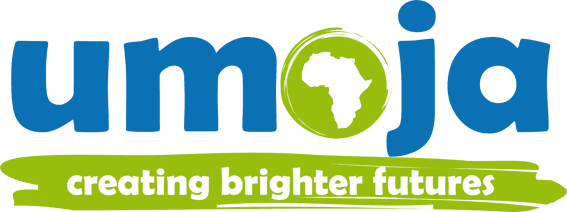
Youth in Tanzania
The Republic of Tanzania
Tanzania is a culturally diverse, peaceful country with outstanding natural beauty, including 21 National Parks and the highest mountain in Africa, Kilimanjaro. There are an estimated 60 million people living in Tanzania all belonging to one of the 120 tribes.
Statistically, the UN Human Development Index ranks Tanzania 163 out of 170 countries, making it one of the poorer countries in the world. Almost 50% of the population reside below the International Poverty Line, while 68.5 % of those employed are considered ‘working poor’ earning $3.20 per day or less. (Human Development Report for Tanzania 2020)
Youth in Tanzania
Tanzania has one of the youngest populations in the world, with over 64% of the population under the age of 24. This is a great opportunity for the country, but only if young people are heard, supported with education and provided with employment or entrepreneurship opportunities.
Youth in Tanzania suffer due to a lack of educational opportunities, high levels of unemployment or insecure/risky employment, and family problems.
At the family level there is often severe dysfunction, due to problems as alcoholism, domestic abuse, Aids related deaths, single parent families and a lack of income.
Young people suffer due to the poor academic options available. If families do in fact invest in their children’s education (and many do not or cannot) then the quality of education offered is poor, with great under-investment in education. Secondary education services do not offer the pastoral, educational support to children who are outliers because of their economic, health or family situations.
Although Secondary Schooling fees were abolished by the government in 2015, schooling can still be too expensive for low-income families, with schools charging various administrative fees, and the non-fee costs including transport, food and stationery. The total enrolment rate for the secondary school aged population is still only 29%.
Umoja aims to break these cycles of dysfunction by providing structured and holistic support for these young people, enabling them to build themselves alternative futures.
In 2018, Umoja commissioned extensive research to be conducted to further investigate the state of youth in Arusha City. The research was facilitated by UK Volunteer, Lawrence Mottram. You can read the full report here:
'What are the issues facing youth and families in Arusha and what services would be beneficial?'





